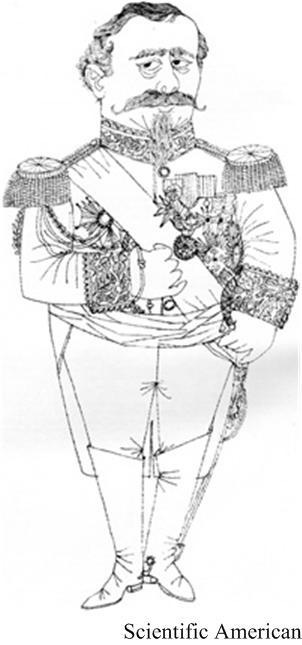 I thought it would be interesting to present a recent entry in the mathematician John Baez’s Diary on some extremes in mathematics from the Bourbaki school, namely, how many symbols it would take to define the number “1.”
I thought it would be interesting to present a recent entry in the mathematician John Baez’s Diary on some extremes in mathematics from the Bourbaki school, namely, how many symbols it would take to define the number “1.”
I don’t know if the “mathematician” Nicolas Bourbaki holds any significance for students today, but in my time (math graduate school in the 1960s) the Bourbaki approach seemed to permeate everything.
My first exposure to Bourbaki was as a humorous figure described by Paul Halmos in his 1957 article in the Scientific American—the humor being that Bourbaki did not exist. As Halmos wrote:
“One of the legends surrounding the name is that about 25 or 30 years ago first-year students at the Ecole Normale Superieure (where most French mathematicians get their training) were annually exposed to a lecture by a distinguished visitor named Nicolas Bourbaki, who was in fact an amateur actor disguised in a patriarchal beard, and whose lecture was a masterful piece of mathematical double-talk. It is necessary to insert a word of warning about the unreliability of most Bourbaki stories. While the members of this cryptic organization have taken no blood oath of secrecy, most of them are so amused by their own joke that their stories about themselves are intentionally conflicting and apocryphal.”
Nicholas Bourbaki was the pseudonym for a group of French mathematicians who wished to write a treatise which would be, as Halmos stated, “a survey of all mathematics from a sophisticated point of view”.
See the Bourbaki World

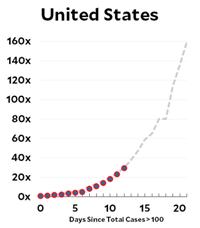 Given the mathematical nature of this website I feel reluctantly impelled to address the coronavirus pandemic. The mathematics behind the spread of infection is basically the same exponential growth that I discussed in the “
Given the mathematical nature of this website I feel reluctantly impelled to address the coronavirus pandemic. The mathematics behind the spread of infection is basically the same exponential growth that I discussed in the “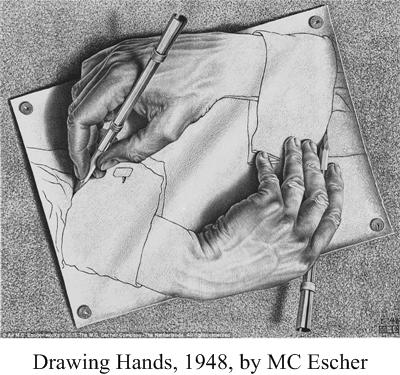 For a number of years I have collected excerpts that portray mathematical ideas in a literary or philosophical setting. I had occasion to read a few of these on the last day of some math classes I was teaching, since there was no point in introducing a new subject before the final exam.
For a number of years I have collected excerpts that portray mathematical ideas in a literary or philosophical setting. I had occasion to read a few of these on the last day of some math classes I was teaching, since there was no point in introducing a new subject before the final exam.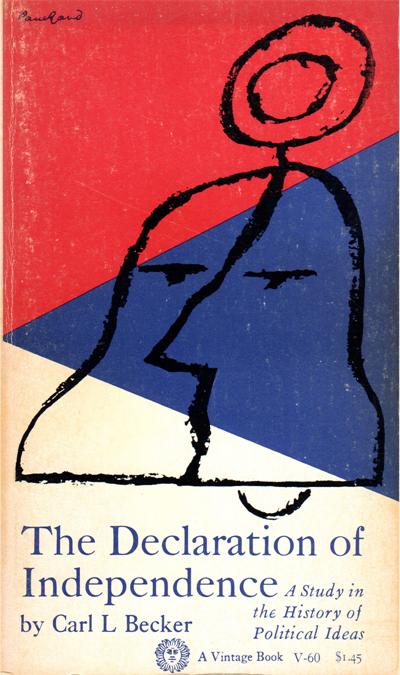 One of the books that has stuck with me over the years is Carl Becker’s The Declaration of Independence (1922, reprint 1942), not only for its incredibly clear and beautiful writing but also for its emphasis on the impact of the revolution most prominently caused by Isaac Newton, which was later subsumed under the term Scientific Revolution covering the entire 17th century. A consequence of this remarkable period was the so-called Enlightenment that followed in the 18th century and became the soil from which our nation’s founding ideas and documents sprang. Both these centuries have been further optimistically called the Age of Reason.
One of the books that has stuck with me over the years is Carl Becker’s The Declaration of Independence (1922, reprint 1942), not only for its incredibly clear and beautiful writing but also for its emphasis on the impact of the revolution most prominently caused by Isaac Newton, which was later subsumed under the term Scientific Revolution covering the entire 17th century. A consequence of this remarkable period was the so-called Enlightenment that followed in the 18th century and became the soil from which our nation’s founding ideas and documents sprang. Both these centuries have been further optimistically called the Age of Reason.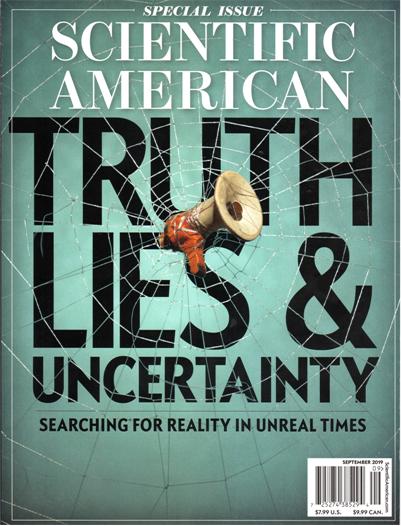 The September 2019 Special Issue of Scientific American is a must read. Unfortunately it is behind a paywall, so you should purchase a copy at a store or digitally online. All the articles are fascinating and relevant, and address basic questions of epistemology—how do we know what we know? The first section, “Truth”, is the most pertinent to my thinking, as it covers three subjects I have been pondering for years.
The September 2019 Special Issue of Scientific American is a must read. Unfortunately it is behind a paywall, so you should purchase a copy at a store or digitally online. All the articles are fascinating and relevant, and address basic questions of epistemology—how do we know what we know? The first section, “Truth”, is the most pertinent to my thinking, as it covers three subjects I have been pondering for years.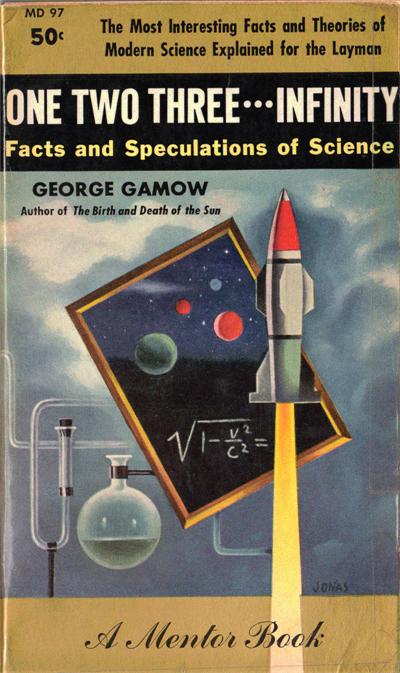 I am a regular reader of Ash Jogalekar’s blog
I am a regular reader of Ash Jogalekar’s blog  This is a great
This is a great 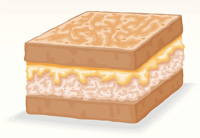 This is one the best articles I have read on gerrymandering regarding its political import, and of course it is by one of the most articulate mathematicians, Jordan Ellenberg:
This is one the best articles I have read on gerrymandering regarding its political import, and of course it is by one of the most articulate mathematicians, Jordan Ellenberg: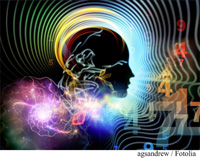 A mathematics friend of mine just sent me this link to a 2017
A mathematics friend of mine just sent me this link to a 2017  In light of subsequent events it may be that being a politician requires its own set of skills, but this praise of his profession of engineering before he became president casts the unfortunate Herbert Hoover in a different light. My father brought this surprising excerpt from Hoover’s autobiography to my attention years ago. I have highlighted the part that is especially insightful. Unfortunately, the balance of the chapter praising an engineer’s involvement in government does not fare as well, given the author, though a subsequent engineer US president, whatever his shortcomings, was never faulted for his honesty and moral rectitude. See the
In light of subsequent events it may be that being a politician requires its own set of skills, but this praise of his profession of engineering before he became president casts the unfortunate Herbert Hoover in a different light. My father brought this surprising excerpt from Hoover’s autobiography to my attention years ago. I have highlighted the part that is especially insightful. Unfortunately, the balance of the chapter praising an engineer’s involvement in government does not fare as well, given the author, though a subsequent engineer US president, whatever his shortcomings, was never faulted for his honesty and moral rectitude. See the